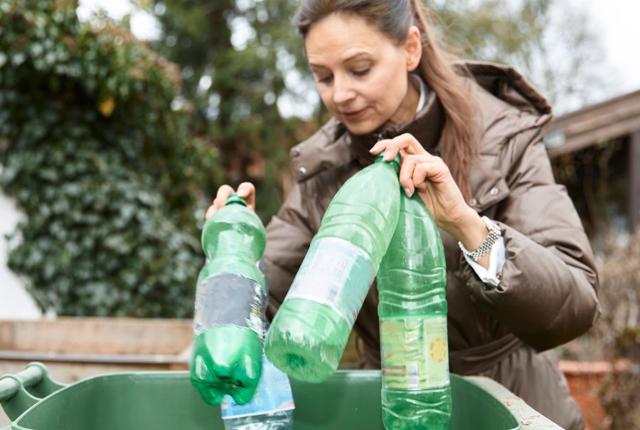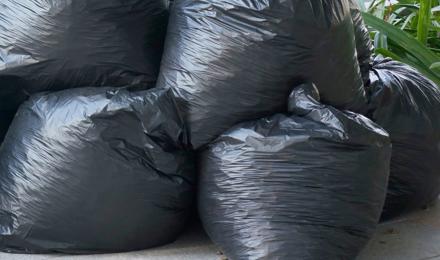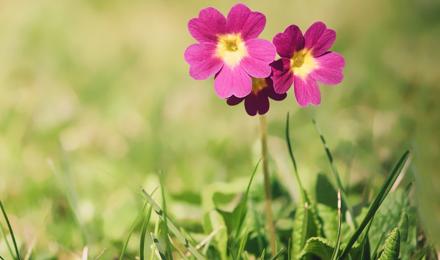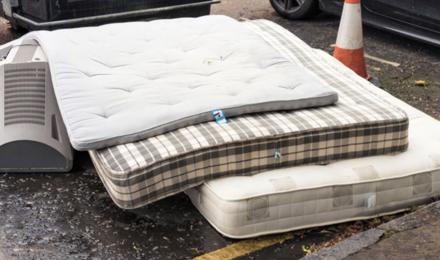By reducing, reusing and recycling more, we can all help to preserve valuable resources and prevent further damage caused by climate change.
The following items are widely accepted as recycling by local councils / authorities:
- Empty plastic bottles, tubs, trays and containers
- Empty glass bottles and jars
- Empty aluminium and steel tins and cans, including aerosols
- Clean, dry paper and card
- Empty food and drink cartons
Myth busting: Rinsing out recyclables is a waste of water and energy
Not true - making sure bottles and other food and drinks packaging are completely empty and giving them a quick rinse before recycling is important for recycling. This is because it stops other recyclables from being contaminated. Use the water from the washing up or pop them into the dishwasher if there's space.
We need to make sure that non-recyclable items do not end up in recycling bins. If you put the wrong things in your recycling you risk contaminating the whole load. The following items cannot go in household recycling bins:
- Food waste
- Garden waste
- Clothes and shoes
- Nappies
- All plastic film and bags
- Tetrapack or other drinks cartons such as coffee cups
If in doubt, leave it out of the recycling bin!
If you have a recycling bin you can usually visit the council website to see what can or cannot be recycled. Try these pages to see what can be recycled in your area:
- Birmingham City Council: Your recycling and rubbish bins
- City of Wolverhampton Council: What goes in my bins?
- Coventry City Council: Household bins
- Leicester City Council: What can I recycle?
- Sheffield City Council: Bins, waste and recycling
- Staffordshire County Council: Waste and recycling
- Sandwell Council: Bins and recycling
Just google ‘what can I recycle’ and the name of your local council to find yours.

There’s no point separating your recycling into different materials, it all gets mixed together in the recycling lorry anyway - NOT TRUE
Some refuse collection vehicles (RCVs) have separate compartments close together within the vehicle. Sometimes refuse collection crews will use what are termed ‘slave bins’. These are bigger bins used to collect larger amounts of recyclables before they're tipped into the RCV. Recyclables are processed at special recycling centres where materials such as paper, cans and plastics are sorted by machines and by hand.

Top tips on how to reduce your waste and lower the amount of rubbish that's taken to landfills each year.

Having access to good quality green space is essential to the health and wellbeing of communities and local nature.

Help us to tackle these problems, keeping your homes tidy and reducing any costs to residents.




